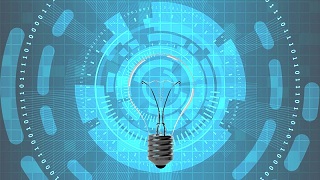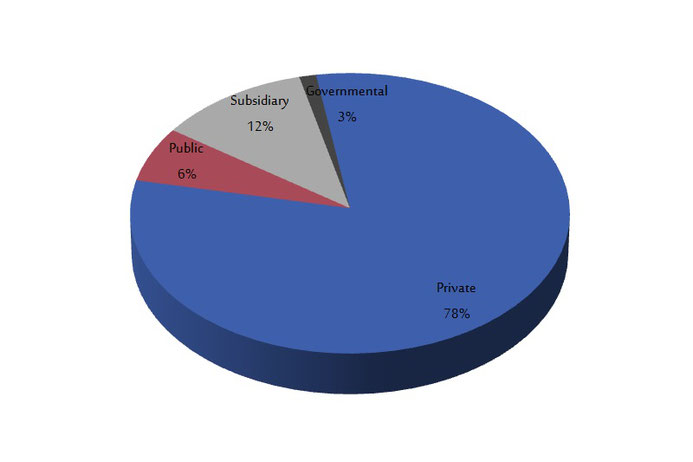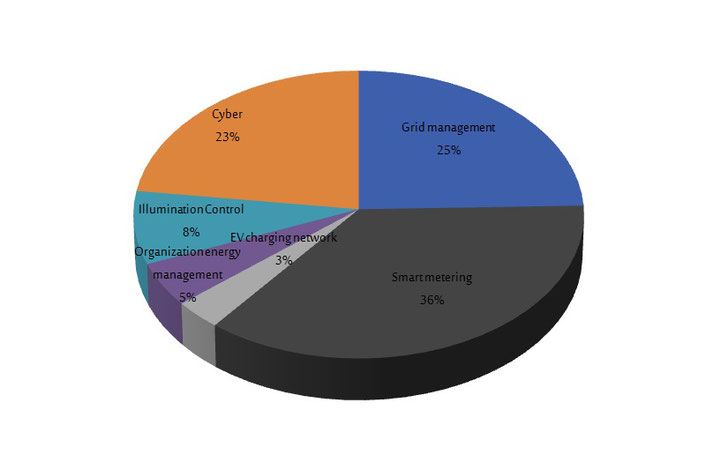
Smart energy technologies include a range of solutions aimed at the optimization of energy systems, including energy generation, energy transmission, energy conversion, energy storage and energy utilization. With thousands of active startup companies, Israel serves as one of the primary innovation hubs in the world. This is also the case for smart energy technologies, being among the key factors for the future of sustainable, resilient and clean energy. This 2020 market survey identified specific smart energy technology companies from among several thousand active Israeli Hi-Tech companies - mostly recently established startups.
As already mentioned, smart energy technologies include a range of solutions aimed at the optimization of energy systems, including energy generation, energy transmission, energy conversion, energy storage and energy utilization. Perhaps the most veteran of those technologies are the smart metering solutions, which are present in the commercial market for several decades. More recently, grid management solutions took hold and paved the way for local energy management solutions, illuminations control systems and EV charging networks. The most recent segments to evolve are the cyber solutions for energy systems and the smart energy generation solutions which notably overlap with the cyber-intelligent (industrial IoT) domain.
Israeli startup ecosystem is widely known for its disruptive innovation element and a remarkably dynamic activity. With thousands of active startup companies, Israel serves as one of the primary innovation hubs in the world. This is also the case for smart energy technologies, being among the key factors for the future of sustainable, resilient and clean energy. This 2020 market survey identified specific smart energy technology companies from among several thousand active Israeli Hi-Tech companies - mostly recently established startups.

Figure 1. Israeli civilian smart energy technology companies by legal status (2019)– ratio of private, public, government-held and other company types.
In terms of legal status, 78% of the Israeli smart energy technology companies were found to be privately-held companies, 12% were subsidiaries, 3% public companies, 3% government-held companies and 1% partnerships. For the matter of definition, privately-held companies and subsidiaries differ in the sense that subsidiaries are held by corporate owners (local or foreign), largely operating within similar industrial domain. Out of surveyed smart energy technology companies, a remarkable 78% are startups – operating companies established within the past decade, which have yet reached an initial public offering or underwent merger & acquisition; 22% are mature companies, including publically traded ones.

Figure 2. Subsector classification of the Israeli smart energy technology startups (2019), including smart metering, grid management and other segments.
Smart energy domain subsectors - in terms of technology expertise, a large share of Israeli Hi-Tech companies are active in the software, communications and cleantech areas, but few can be defined under smart energy expertise - specifically big data analytics, system control and more. Those smart energy companies in Israel can be classified into a number of subsectors: this survey in Israel identified 22 smart metering, 15 grid management, 14 smart cyber, 5 illumination control systems and 5 other expertise companies. Those companies are found at various maturity phases, including early stage startups, revenue growth phase and mature companies.
The extended commercial report can be purchased at LNRG Technology digital store.
















